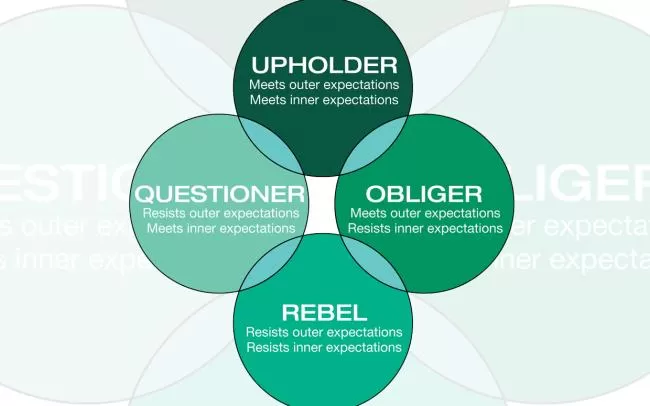What Anchors Your Career? A Look at Work Motivations and Values

In the world of career development, we often discuss the importance of assessing your skills, values, and interests. Today, we are going to focus primarily on career values because while it is such a priority, it is also an oft overlooked piece of the puzzle.
What are Career Values? You can see general categorizations of career values at O*NET. Another site which compiled a list of career values is Monster.com, which you can access here. They broke it down into intrinsic and extrinsic values. Here is a snapshot of some of the options:
Intrinsic Values
- Working for a cause I deem worthy
- Experiencing adventure/excitement
- Having an opportunity to be creative
- Engaging in very detailed work
Extrinsic Values
- Making a certain amount of money
- Being in a position of authority/power
- Working in an aesthetically pleasing environment
- Being recognized monetarily or otherwise for contributions
How Can You Identify Your Career Values and Motivations?
There are many ways to begin identifying your career values. It can often be helpful to discuss this with a career counselor or mentor who can work with you to prioritize your values. However, some people benefit from structured exercises/activities to help them create their list of career values. It is important to recognize that you will probably create a long list of things you “Always Value” in a career; however, in order to be realistic, you will need to truly assess what your top values include. Try not to choose more than 3-4 values as your top priorities.
One other way of thinking about career values comes from Edgar Shein who created an assessment about Motivation and Career Anchors. He described career anchors as the unique combination of perceived career competence, motives, and values. He put forth eight core career anchors. See which one you would choose as your primary and then secondary career anchor.
Career Anchors
- Managerial This type’s primary concern is to integrate the efforts of others and to tie together different functions in an organization. They welcome the opportunity to make decisions, direct, influence, and coordinate the work of others.
- Technical Expertise This type prefers to specialize in their skill and they enjoy being challenged to exercise their talents and skills in their particular technical or functional area. They feel most successful when they are recognized as an expert. They tend to dislike being moved into managerial positions.
- Autonomy/Independence This type dislikes being bound by rules, hours, dress codes, etc. They enjoy setting their own pace, schedule, lifestyle and work habits. They often dislike the organization and structure of a workplace and often end up working for themselves.
- Security/Stability This type seeks security and stability in their jobs. They look for long-term careers, geographic stability, and good job benefits. They dislike personal risk and often personally identify with their work organization which makes them reliable employees.
- Entrepreneurial/Creativity This type thrives on creating something new and/or different, whether a product or a service. They are willing to take risks without knowing the outcome. They enjoy work where success is closely linked to their own efforts as the creator.
- Service/Dedication to a Cause This type wants to undertake work which embodies values that are central to them (e.g. make the world a better place to live; help a cause; etc). They tend to be more oriented to the value of the work than to the actual talents or areas of competence involved.
- Pure Challenge This type likes solving, conquering, overcoming, winning. The process of winning is most central to them rather than a particular field or skill area.
- Life Style Integration This type’s primary concern is to make all major sectors of their life work together in an integrated whole. They don’t want to have to choose between family, career or self-development. They seek flexibility and strive for a well-balanced lifestyle.
In whatever way you choose to think about it – career values, career motivations, career anchors – these are ultimately the key factors that drive you when making your career decisions. Remember too, that these can change depending on where you are in your life-span life-space, so you might need to reassess over time.



